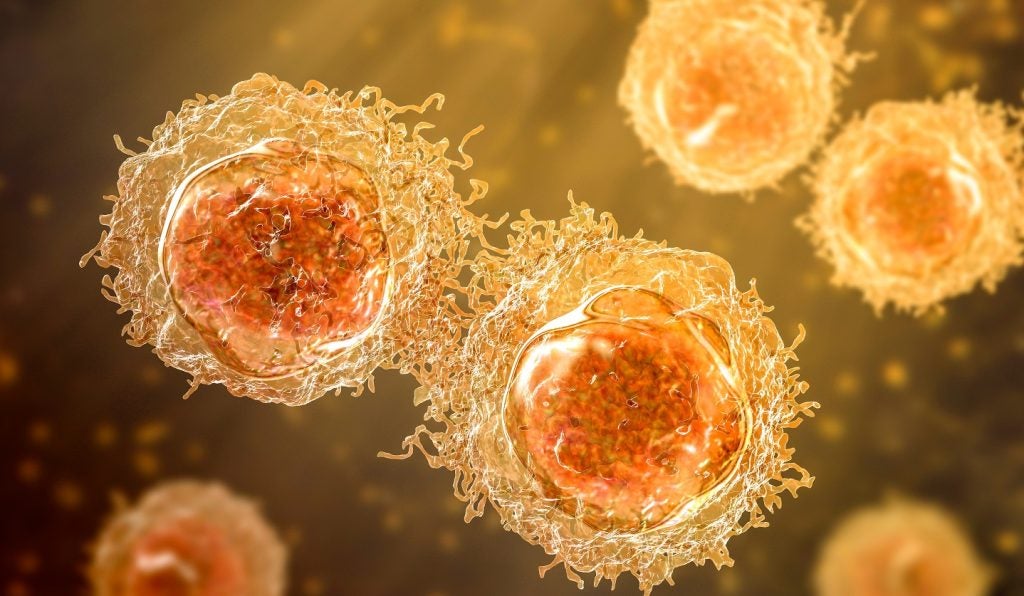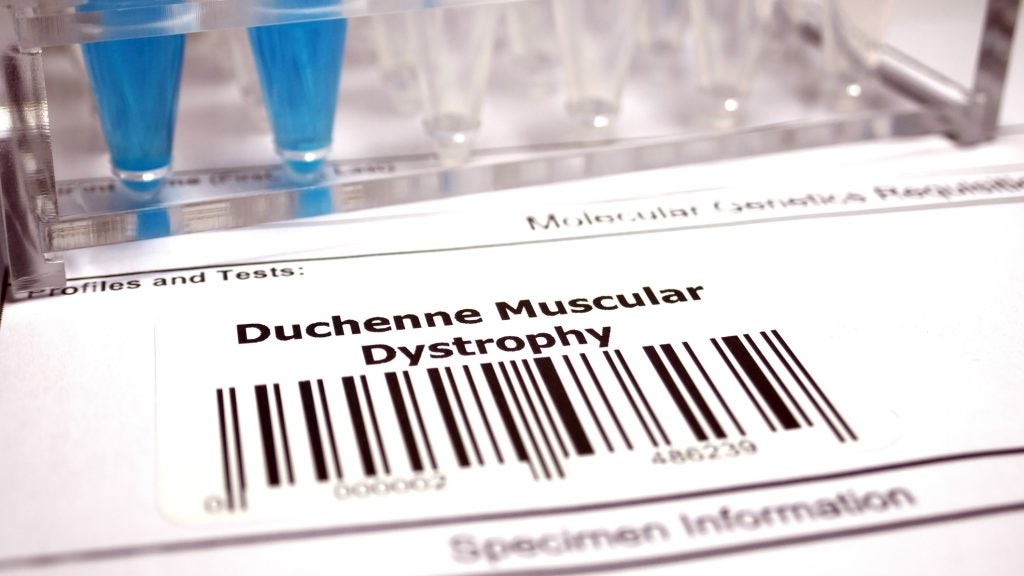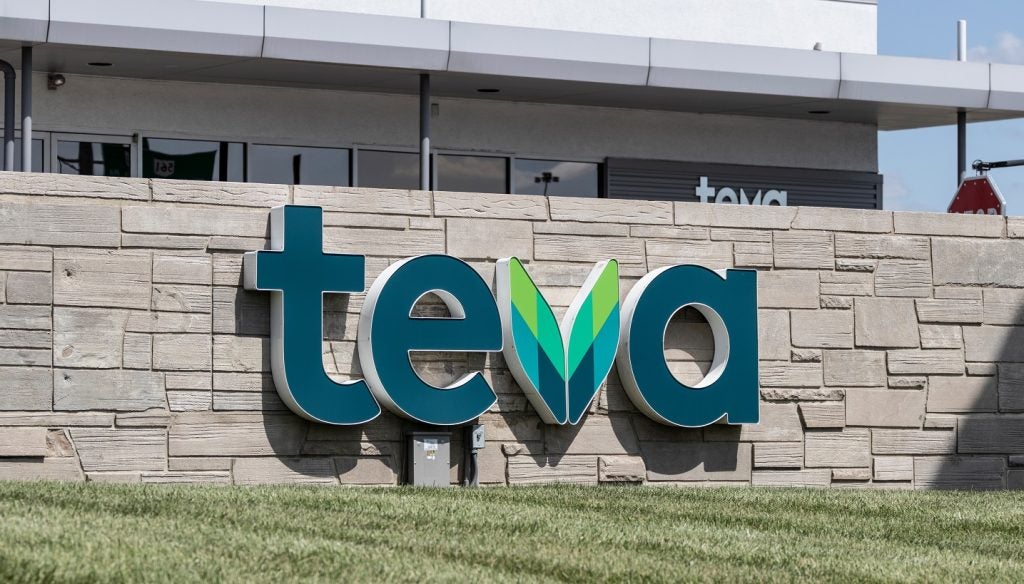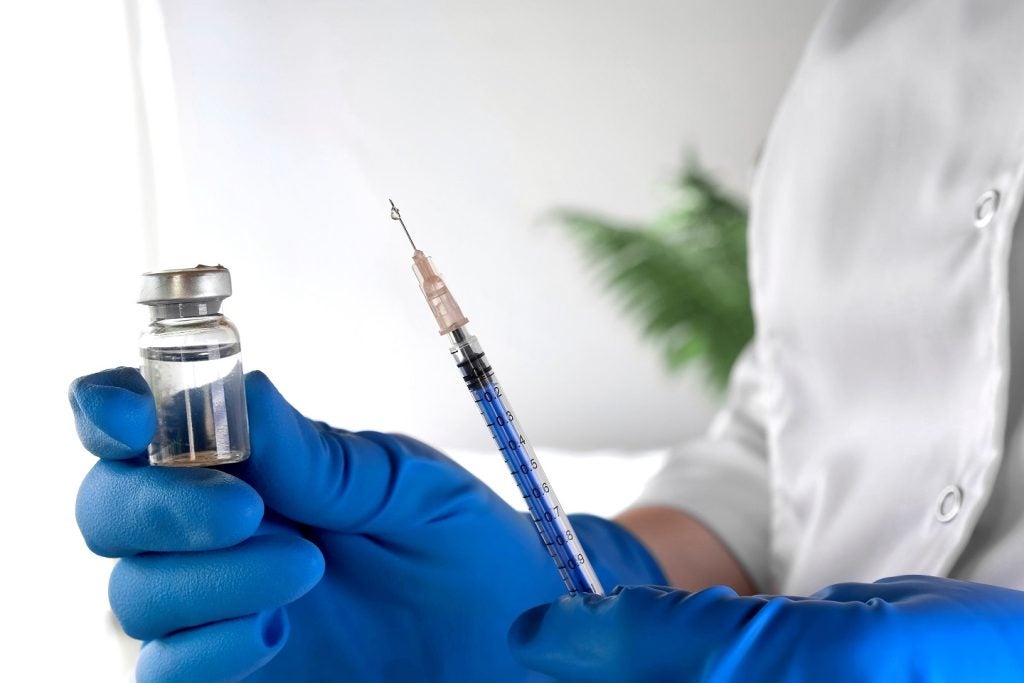Clinical-stage biotechnology company Acepodia has reported preliminary results from the Phase I study of anti-CD20 antibody conjugated allogeneic gamma delta T cell therapy, ACE1831, for treating non-Hodgkin's lymphoma (NHL).
The trial is designed to evaluate the safety, tolerability, pharmacokinetics and efficacy of the therapy, which uses the company's antibody-cell conjugation (ACC) platform.
Acepodia's ACC platform, which leverages bioorthogonal chemistry, aims to offer an off-the-shelf, non-genetically engineered alternative to CAR-T cell therapy, potentially reducing associated side effects.
According to the preliminary data, one out of five patients achieved complete response (CR), and three experienced disease stabilisation (SD) with a single ACE1831 dose at the lowest dose level.
Among these, one CR and two SD subjects were treated with CD19 CAR-T therapy earlier.
The lowest dose of the therapy was well-tolerated, with no serious adverse events or dose-limiting toxicities observed.
The preliminary results suggest that ACE1831 can activate innate and adaptive immune responses, potentially offering a more comprehensive immune response than traditional CAR-T therapies.
Currently, the trial is progressing through dose escalation.
Acepodia CEO Sonny Hsiao said: “This ongoing trial is the first to demonstrate potential clinical benefit to patients using bioorthogonal chemistry and opens the door to a powerful, new approach for cell therapy that overcomes limitations of current CAR-T cell therapies and is more accessible to patients.
“We are encouraged to see a robust and durable effect after a single treatment at the lowest dose and remain focused on the continued development of this first-of-its-kind treatment option.”
The ongoing Phase I trial is an open-label, dose-escalation study conducted across multiple centres in the US and Taiwan.
It aims to enrol up to 42 patients with relapsed or refractory NHL.
Earlier this year, the FDA granted clearance for Acepodia’s investigational new drug application to commence a Phase I clinical trial of ACE2016 for solid tumours.
















